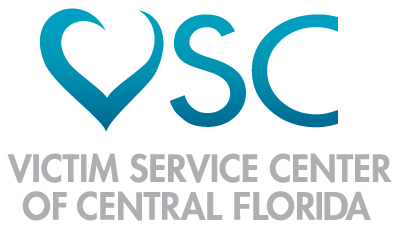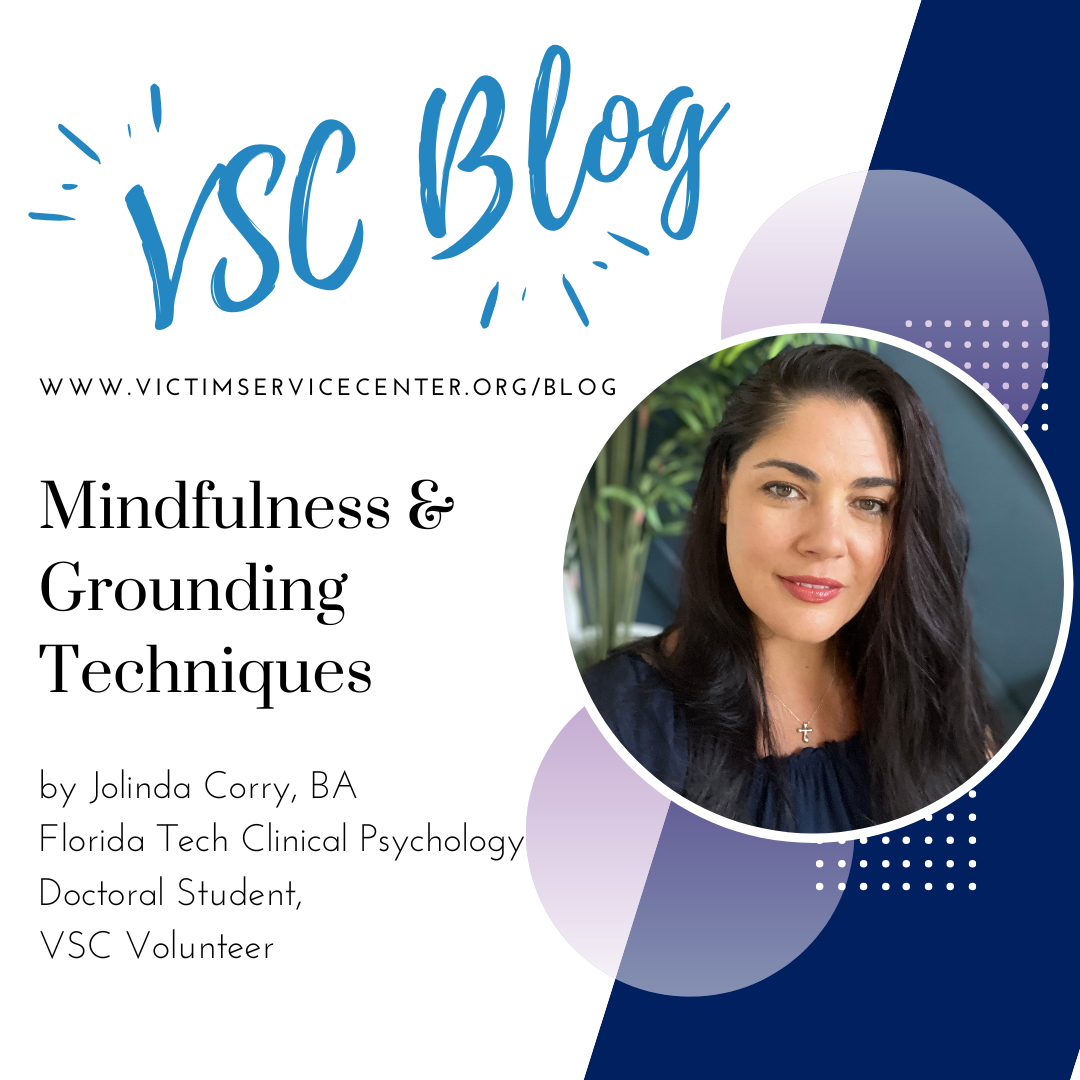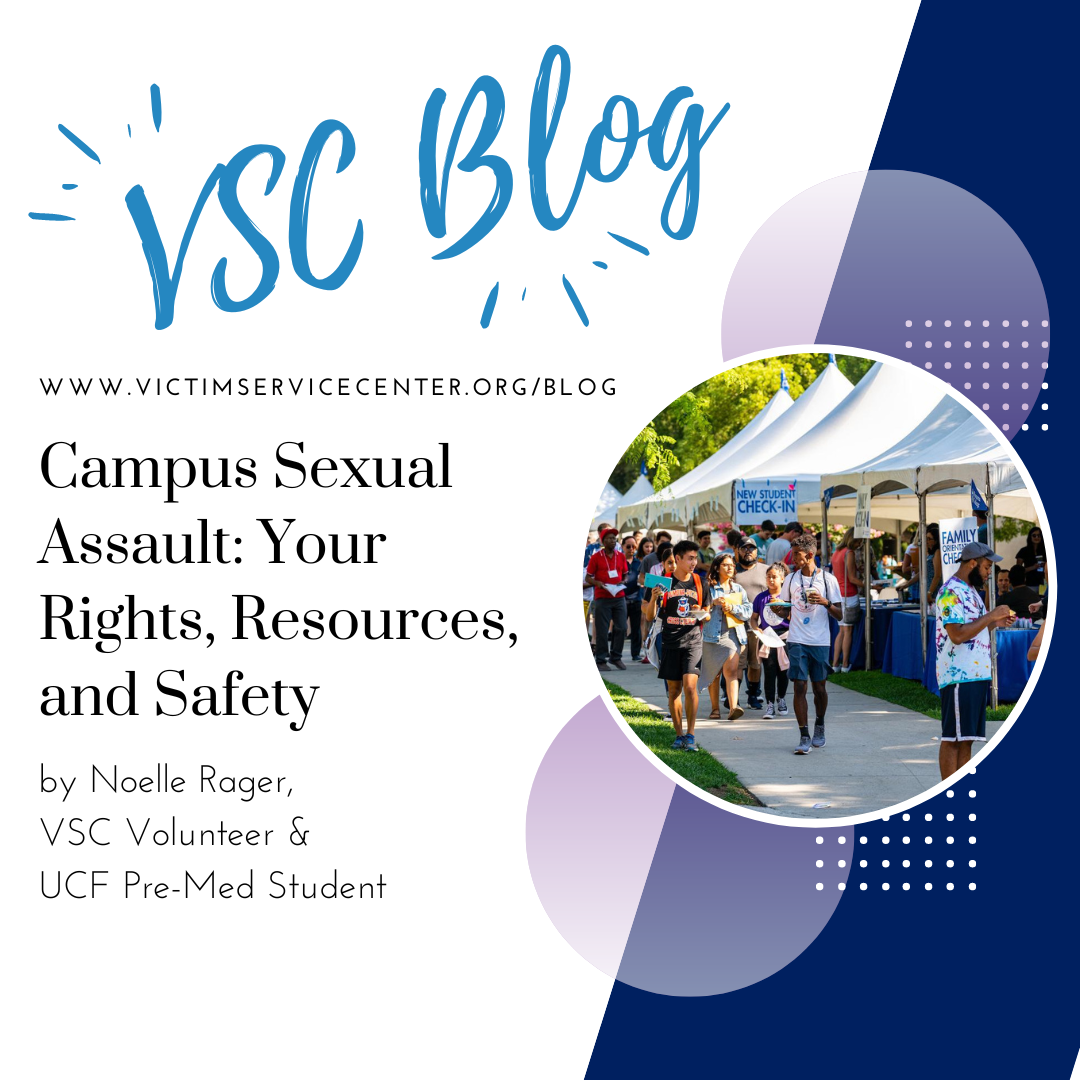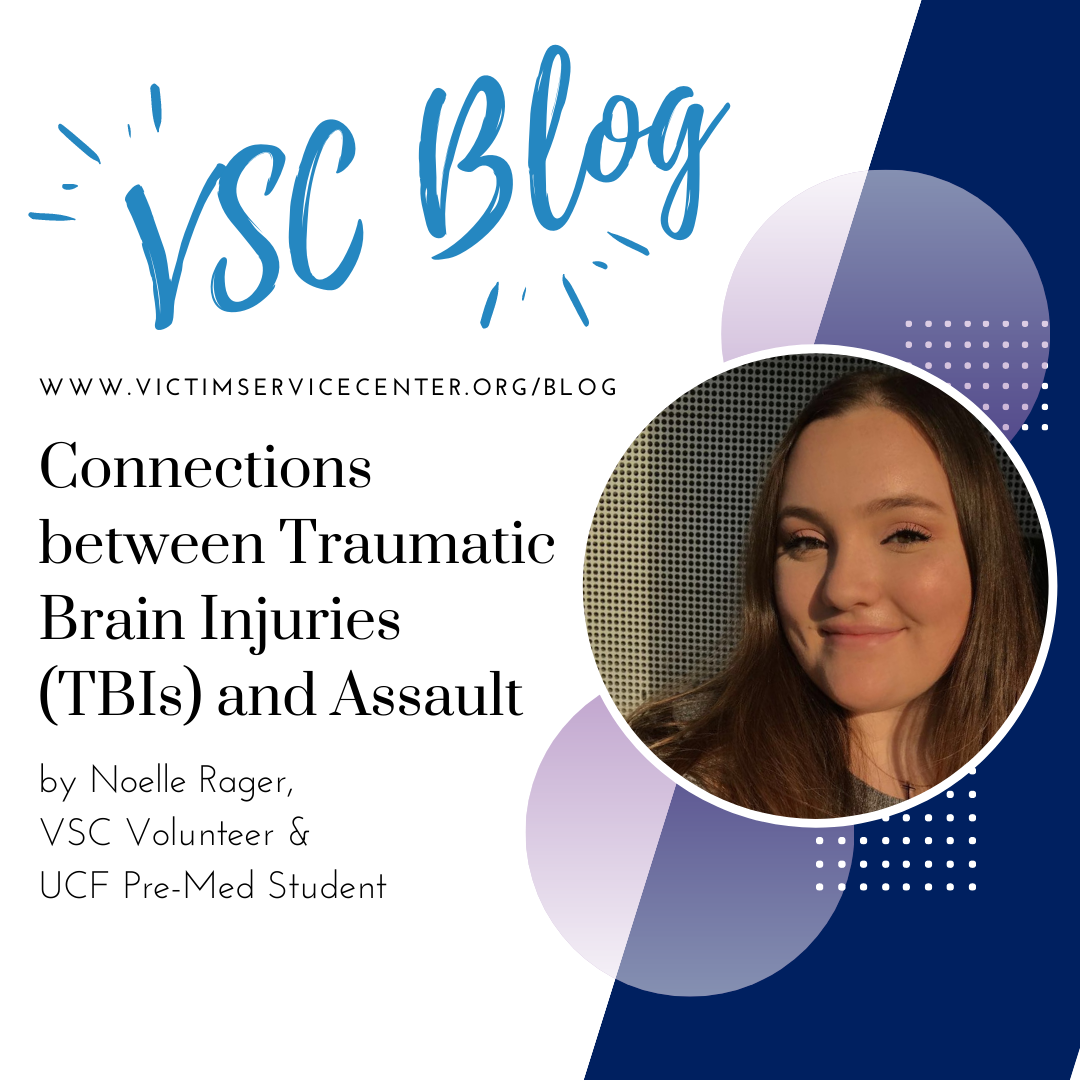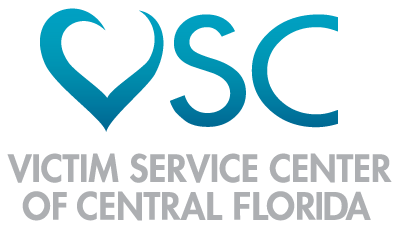
by Alexa Andino, UCF Clinical Mental Health Counseling Graduate Student, VSC Therapy Intern
Ace week
The last week of October is Asexuality Awareness Week (Ace Week) and if that is news to you, you are not the first. Asexuality is an invisible and forgotten identity that many people do not know about or choose to exclude out of misunderstanding. Ace Week started in 2010 as an effort to embrace and accept Asexuality into the LGBTQ+ community. Ace week now continues to spread awareness about Asexuality and promote advocacy for individuals who identify as Ace.
What is Asexuality?
Asexuality is lack of sexual attraction towards another person. The word Ace is a term someone who is on the Asexuality spectrum chooses to identify themselves as. Aces use the term Allosexual or Allo to talk about someone who is not ace (someone who has sexual attraction).
Asexuality lives on a spectrum, just like sexuality. It is fluid and can change or stay the same. If you think about an umbrella, Ace is the umbrella term for several identities that fall under it. Below are some identities someone who is Ace identifies as.
- Asexual – someone who does not experience any or little sexual attraction
- Demisexual – lacking sexual attraction towards any person unless one becomes deeply emotionally or romantically connected with a specific person.
- Grey-asexual – experience sexual attraction sometimes. Somewhere between being sexual (Allosexual) and Asexual. Does not feel that they fit under Asexual or Demisexual.
- Reciprosexual- describes someone who does not experience sexual/romantic attraction to someone until they know that the person is attracted to them
- Akoisexual- sexual attraction fades if reciprocated
- Aceflux- sexual attraction fluctuates between Asexual spectrum and sexual spectrum
- Or something else entirely
(Source: https://www.glaad.org/blog/busting-myths-honor-asexual-awareness-week)
Asexuality is NOT
- Celibacy
- A choice
- A fear of sex or relationships
- A disorder
Source: https://www.glaad.org/blog/busting-myths-honor-asexual-awareness-week)
Asexuals Might:
- Masturbate (to alleviate buildup of an increased libido)
- Participate in BDSM/Kink
- Have sex (emotional reasons or satisfy partner(s) needs)
- Have romantic relationships
- Experience Arousal or Orgasm
Source: https://www.thetrevorproject.org/trvr_support_center/asexual/
Intersectionality between Asexuality and Sexual Violence
There is no direct causation when it comes to being Asexual. There is no gene or trait to determine if you are Ace. Sometimes when someone experiences sexual violence, the construct of sexual orientation is questioned. This is because society’s “norm” is heterosexual. When someone identifies as heterosexual, no one asks “how do you really know if your heterosexual?” or “are you heterosexual because you were sexually assaulted?”. I like to say that for whatever reason you identify as Ace is valid. You can still identify as Ace even if you think something caused your lack of attraction, the reality is we will never know. I believe I was born Ace and I am okay with that.
Many sexual abuse survivors who are Ace or who are curious about Asexuality have trauma that confuses them from identifying. As a child sexual abuse survivor, my abuse hindered me from identifying as Ace for a long time. I thought there was something medically wrong with me or I thought that I am only this way because of my abuse and that one day I will be “healed.” After going to countless doctors and gynecologists, there was nothing that can explain my lack of desire to have sex or have sexual attraction. It was not until recently that I blurted out in my therapy session, “What if I am Asexual?”. My therapist was the first person to ask me about Asexuality and from then on, I started researching Asexuality. I felt empowered that I am who I am because of my Asexuality and that my abuser did not take away my desire for sex.
Wondering why I am Ace came from a state where I wanted to figure out why so that I can make myself sexual again. This internalized acephobia I projected onto myself caused hate that I did not deserve. Being challenged in my own therapy sessions by my therapist helped me realize what I was doing to myself and how society causes this to happen.
Now I do not wonder anymore, I just am.
What VSC can do to help
Therapist and Advocates at VSC are here to help and provide a safe space for sexual abuse survivors and the LGBTQ+ community. VSC has their very own LGBTQ+ advocate who specializes in helping individuals of the LGBTQ+ community and VSC has a support group specifically for LGBTQ+ survivors of sexual assault called Rainbow Resilience.
For more information call our office at 407-254-9415 to set up an appointment. If you or a loved one is currently experiencing a crisis related to victimization, you can reach a crisis counselor immediately on our 24/7 hotline at 407-500-HEAL.
